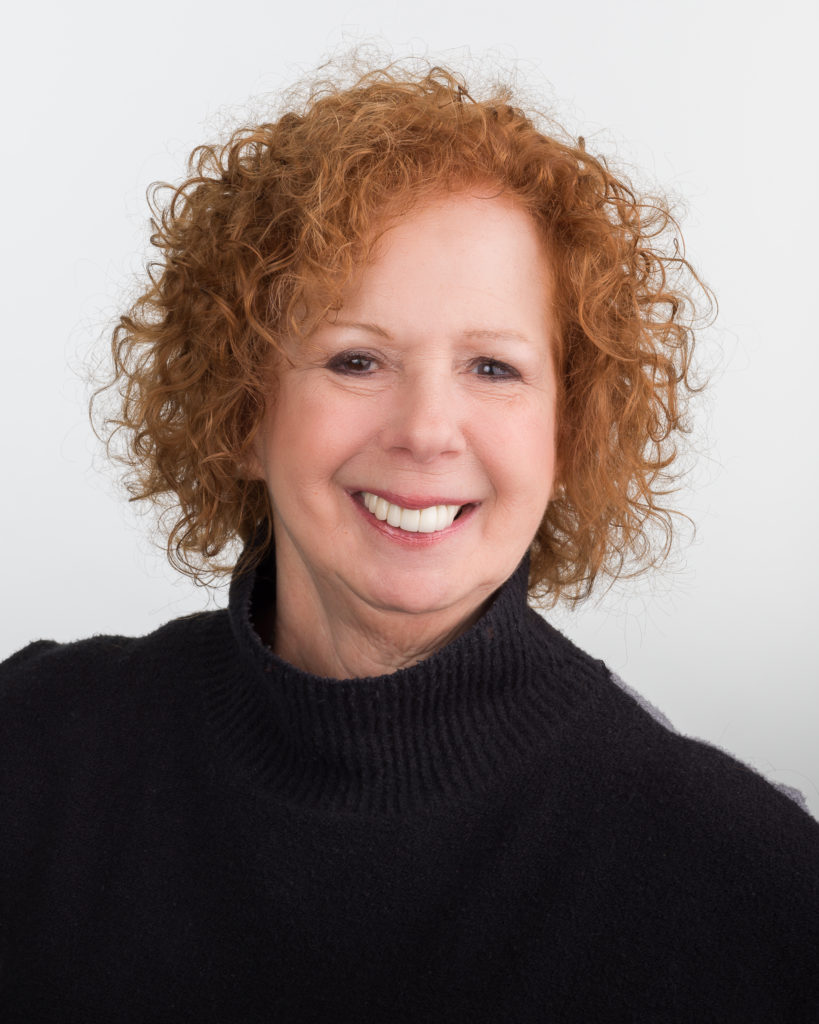Ohana - Benefits of Gender Specific Treatment
Substance abuse disorders affect men and women differently. Recognizing the need for gender-specific treatment, addiction treatment centers in Southern California offer men’s programs and women’s programs that are tailored to the emotional and medical needs of each gender.
A gender-specific treatment program removes the distraction that can arise by being around the opposite sex. It also helps clients feel more comfortable talking about sensitive issues. Men’s and women’s programs can help individuals build lasting relationships with their peers in a safe and judgment-free environment. Below, we look at some benefits of gender-specific treatment for addiction.






